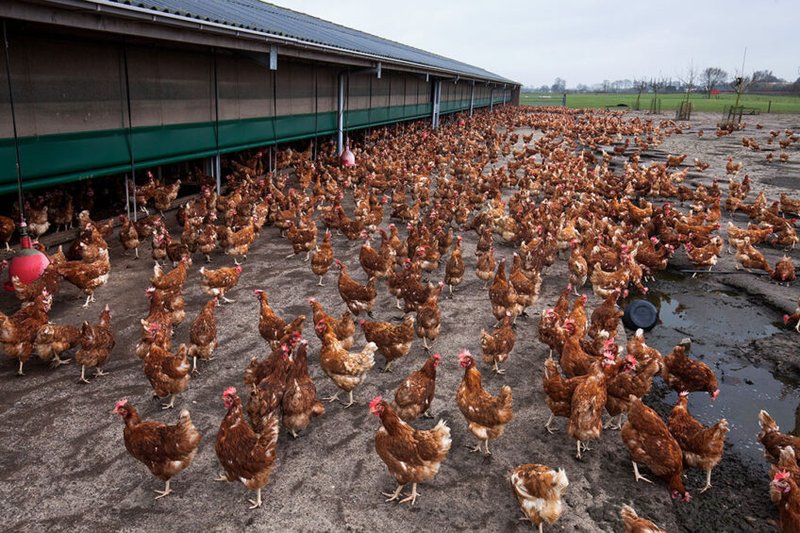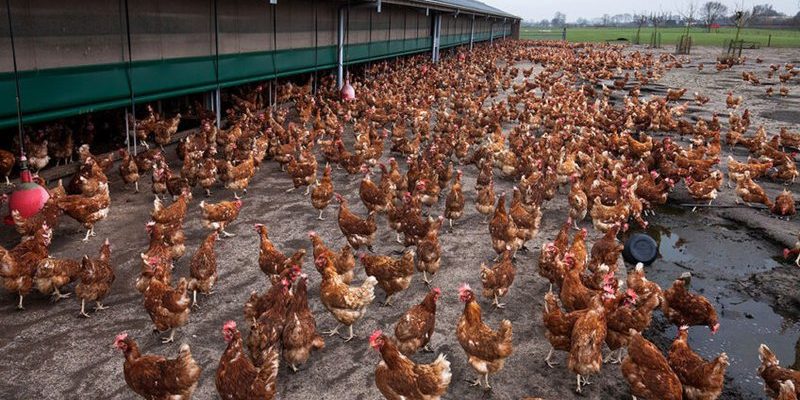
Grub worms, those pesky little larvae that feast on roots, can wreak havoc on your lawn and garden. Thankfully, chickens offer a natural, effective solution to this common problem. Not only do they help control grub populations, but they also provide eggs and companionship. So, let’s dive into how you can harness the power of chickens to create a thriving ecosystem in your backyard.
Understanding Grub Worms and Their Impact
First things first, what exactly are grub worms? These little critters are the larvae of various beetles, like Japanese beetles or June bugs. They thrive in the soil, munching on the roots of your plants and grass, which can lead to wilting or even death. If you’ve noticed brown patches in your lawn or your vegetables looking weak and sad, there’s a good chance that grubs are the culprits.
Grub worms thrive in moist, nutrient-rich soils, making your garden an ideal playground for them. They typically emerge in the summer months and can lay thousands of eggs, leading to a full-blown infestation if left unchecked. This is where chickens come in. By introducing chickens to your garden, you can create a natural predator-prey relationship that benefits both your feathered friends and your plants.
But here’s the kicker—most chemical treatments that target grubs can also harm beneficial insects and even your plants. By opting for chickens, you’re choosing an eco-friendly route that supports a healthier garden ecosystem. Honestly, who wouldn’t want to let nature do the work?
How Chickens Help Control Grub Populations
So how do chickens work their magic? Simply put, they’re natural foragers. Chickens love to scratch and peck at the ground, digging up soil and searching for tasty treats. Grub worms are a part of their diet, and chickens are pretty determined when they’re on the hunt. Watching them scratch the surface can be incredibly entertaining and fulfilling.
The scratching behavior of chickens does more than just provide a snack. It disrupts the life cycle of grubs. By exposing them to the surface, chickens can eat the larvae before they establish themselves. Moreover, their natural tendency to search for food helps aerate the soil, which is beneficial for plant health.
If you’re worried about your chickens causing damage to your plants while they search for grubs, don’t be. You can employ methods to restrict their roaming to certain areas. This allows them to focus on grub-heavy spots without ruining your vegetable patch.
Introducing Chickens to Your Garden
Before you introduce chickens to your garden, consider a few factors. Start by checking your local regulations about keeping chickens, as some areas have restrictions on the number of birds you can have or specific housing requirements.
Once you’ve got the green light, here’s how to get started:
- Choose Your Breeds: Not all chickens are created equal when it comes to foraging. Some breeds, like Rhode Island Reds or Plymouth Rocks, are known for their robust foraging skills.
- Design a Chicken Run: A chicken run provides a secure area for your birds to roam, preventing them from wandering off while still allowing them to dig and peck at the soil.
- Set Up a Nesting Area: Ensure you have a cozy nesting area where they can lay eggs in comfort. It’s also essential to provide clean water and a balanced diet to keep them healthy.
Setting up your chickens in a way that encourages foraging will help control grub populations effectively. You might even want to move the run around your garden periodically to maximize the benefits!
Maintaining a Healthy Environment for Chickens
Once your chickens are settled in, it’s crucial to maintain a healthy environment. Chickens produce waste, and while it can be a great fertilizer, it needs to be managed properly. Here are a few tips:
- Rotate Their Grazing Areas: Change the areas where your chickens roam frequently to prevent over-fertilization and allow the grass to recover.
- Monitor Their Health: Keep an eye on your chickens for any signs of illness, such as lethargy or abnormal droppings. Regular vet check-ups can help keep them in top shape.
- Provide Shelter and Shade: Chickens need protection from extreme weather. Ensure they have a well-ventilated coop and shaded areas to retreat to on hot days.
By keeping your chickens happy and healthy, you’ll ensure they can continue to keep grub populations in check while providing you with fresh eggs.
Alternative Methods for Grub Control
While chickens are fantastic for controlling grub worm populations, you might also consider other methods. Here are a few alternatives:
- Nematodes: Beneficial nematodes are microscopic worms that invade and kill grubs. They’re safe for plants and can be an effective biological control.
- Beneficial Insects: Introducing ladybugs or parasitic wasps can help keep pest populations balanced. These insects target pests that can harm your plants.
- Regular Lawn Maintenance: Keeping your grass healthy and properly mowed can reduce the chances of grub infestations. Aeration allows for better drainage and reduces damp spots where grubs thrive.
Each of these methods has its advantages and can be combined with chicken use for even better results.
The Benefits Beyond Grub Control
Raising chickens simply for grub control would be a mistake. The benefits extend far beyond pest management. Here are a few perks you might appreciate:
- Fresh Eggs: Chickens provide an endless supply of fresh eggs, which are tasty, nutritious, and can be a fun surprise for breakfast.
- Natural Fertilizer: Chicken waste is rich in nutrients, making it an excellent organic fertilizer when properly composted.
- Educational Opportunities: Keeping chickens can be a great learning experience for kids and adults alike. It teaches responsibility, agriculture, and the joy of caring for animals.
Plus, who can resist the charm of watching chickens scratch around your yard? They have personalities, and let’s be honest—they’re entertaining little creatures.
Using chickens to control grub worm populations is not just a smart, eco-friendly strategy—it’s a fun and rewarding endeavor. By integrating these feathered friends into your gardening routine, you can effectively manage pesky grubs while reaping the benefits of fresh eggs and naturally fertilized soil.
As you embark on this journey, remember to care for your chickens, monitor their health, and enjoy watching them work their magic in your garden. You’ll not only create a thriving environment for your plants but also foster a bond with these remarkable animals. In the end, you’ll have a healthy garden and happy chickens. What could be better than that?

